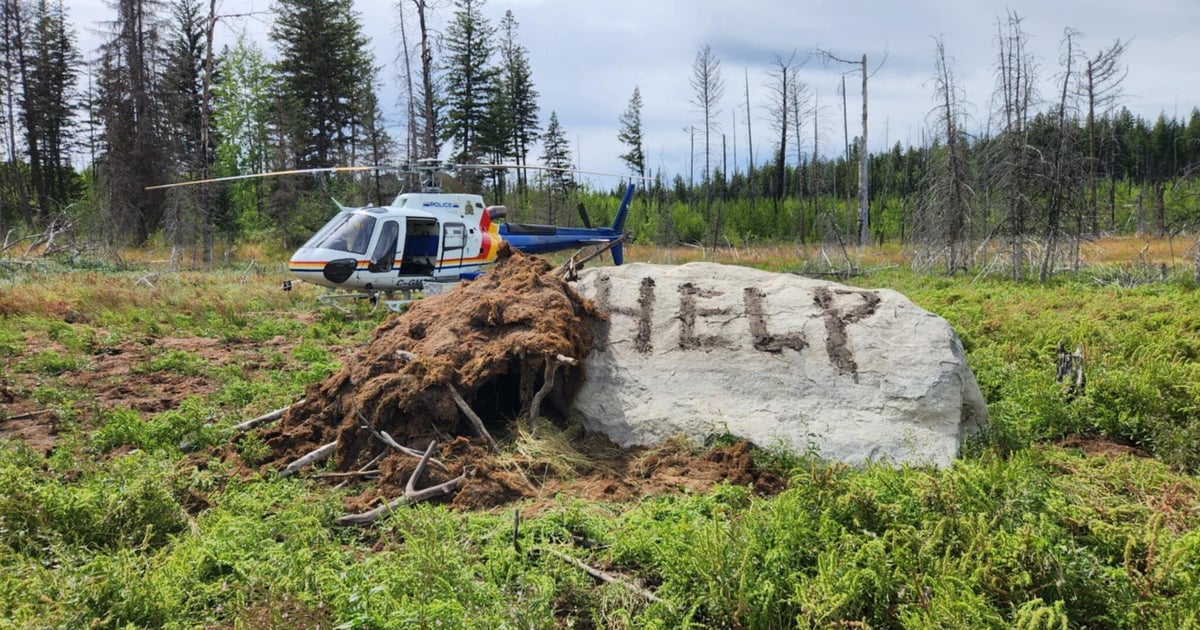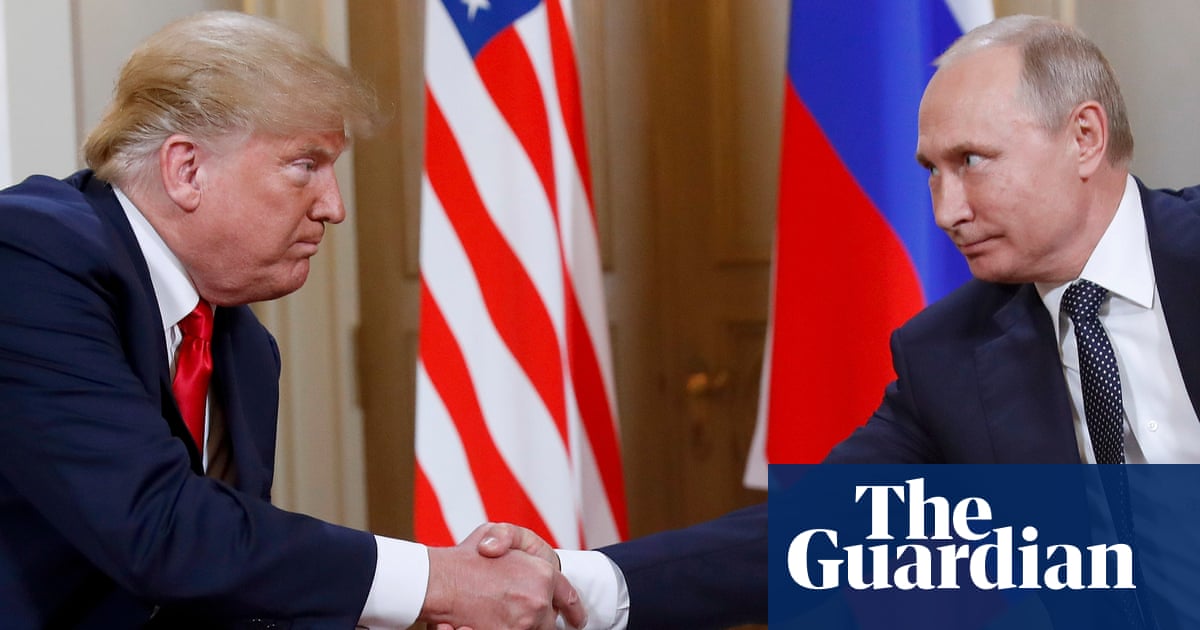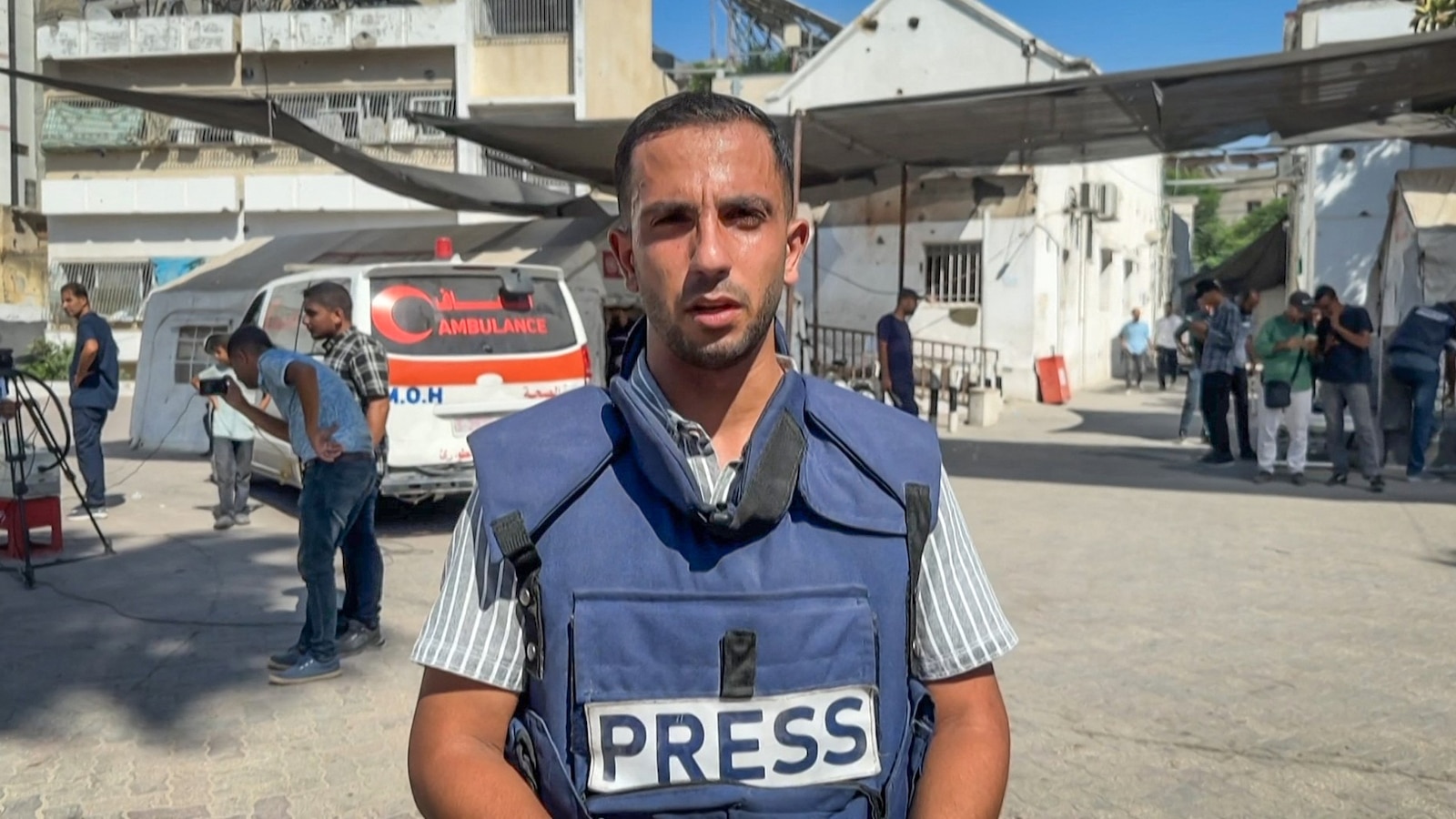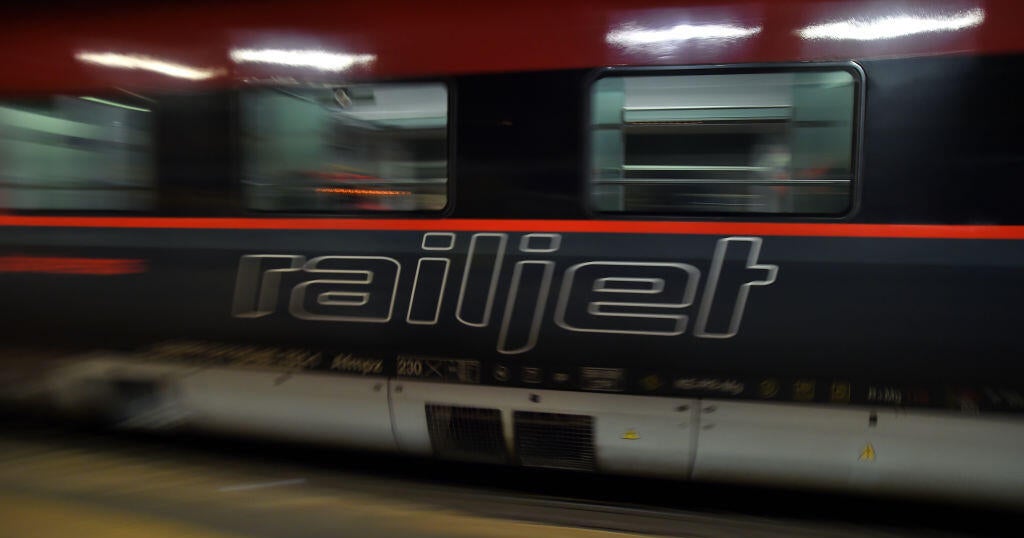Historic $142 Billion Arms Deal Between the U.S. and Saudi Arabia Marks a New Era in Diplomatic Relations
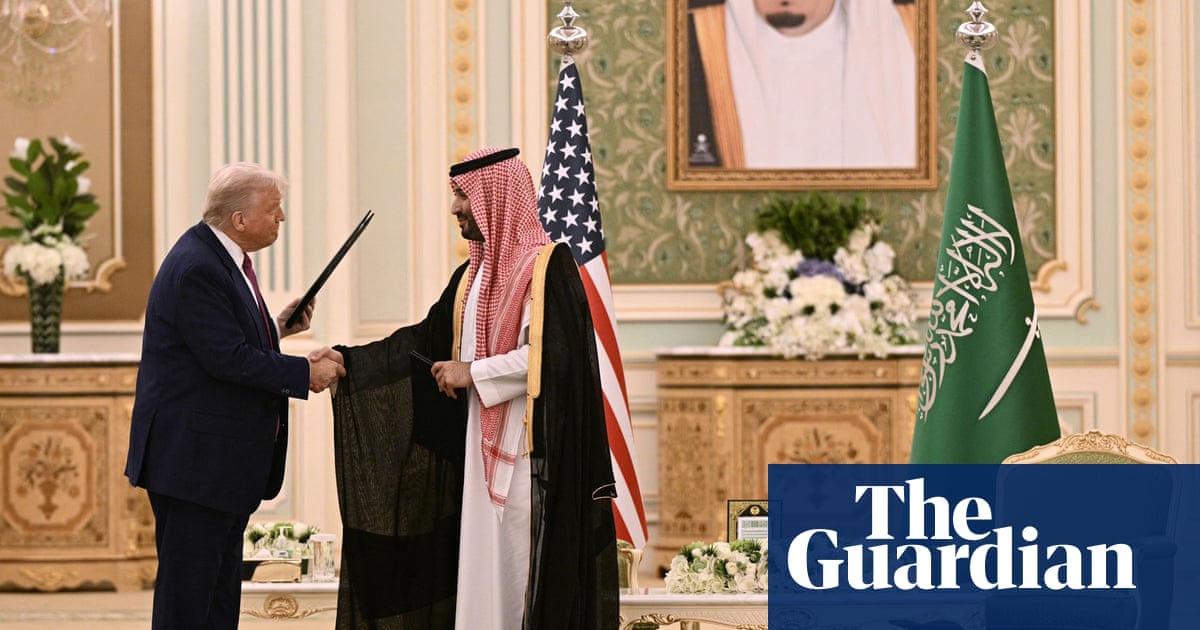
The United States and Saudi Arabia have forged a monumental $142 billion arms deal, hailed by the White House as the “largest defense sales agreement in history.” This landmark agreement occurred during Donald Trump’s four-day diplomatic tour of Gulf states, aimed at securing significant business deals and highlighting the advantages of Trump’s transactional approach to foreign policy.
During the trip, the U.S. administration confirmed that Trump would engage in discussions with Syria’s newly appointed leader, Ahmed al-Sharaa. Sharaa, a former rebel commander whose forces played a crucial role in the overthrow of Bashar al-Assad in 2024, is set to have the first face-to-face meeting between a U.S. president and a Syrian leader since 2000, which saw Bill Clinton meeting Hafez al-Assad in Geneva.
Speaking at an investment forum on Tuesday, Trump announced his intention to lift sanctions on Syria following talks with Saudi Arabia’s Crown Prince Mohammed bin Salman and Turkey’s President Recep Tayyip Erdoğan. “I will be ordering the cessation of sanctions against Syria in order to give them a chance at greatness,” Trump declared, a statement that sent ripples through diplomatic circles.
Sharaa’s overture to win over the U.S. president included enticing offers such as access to Syrian oil, lucrative reconstruction contracts, and the ambitious plan to build a Trump Tower in Damascus in exchange for the removal of U.S. sanctions on Syria. While the specifics of the proposed sanctions relief remained somewhat unclear, Sharaa’s team in Damascus appeared to be in high spirits following the announcement.
“This is amazing, it worked,” exclaimed Radwan Ziadeh, a Syrian writer and activist closely associated with the Syrian president. He shared an image of an initial design for Trump Tower Damascus, commenting, “This is how you win his heart and mind,” and noted that Sharaa would likely present the design to Trump during their meeting in Riyadh on Wednesday.
The visit was heavily focused on securing business interests and achieving quick wins for the administration, often adorned with Trump’s characteristic embellishments. Crown Prince Mohammed indicated a staggering commitment to invest $600 billion in the United States during a lunch with Trump. This investment pledge includes $20 billion earmarked for artificial intelligence data centers, $14.2 billion for energy equipment such as gas turbines, and nearly $5 billion for Boeing 737-8 jets, among other deals.
However, details surrounding these commitments were ambiguous. The figures released by the White House did not add up to the promised $600 billion, and some projects had been initiated during Joe Biden’s administration.
The White House touted the arms deal as the “largest defense sales agreement in history,” planning for more than a dozen U.S. defense companies to provide weapons, equipment, and services aimed at enhancing air force capabilities, missile defense systems, and bolstering border and maritime security.
Upon his arrival in Riyadh on Tuesday, Trump was greeted with military honors, as a royal guard escorted him. The Royal Saudi Air Force's F-15 jets flew alongside Trump’s Air Force One as it touched down in Riyadh. Trump then took his seat with Crown Prince Salman in an opulent hall at the Royal Court at Al Yamamah Palace, surrounded by members of the U.S. and Saudi business elite, including notable personalities like Elon Musk and influential figures from the AI sector such as Sam Altman, along with chief executives from IBM, BlackRock, Citigroup, Palantir, and Nvidia.
When Salman pledged the $600 billion investment in the U.S. economy, Trump responded with a grin, jokingly suggesting that it should amount to $1 trillion.
This trip signals a shift in Middle Eastern politics, reflecting Trump’s “America first” doctrine, which prioritizes U.S. domestic economic and security interests over traditional foreign alliances and international norms. Critics contend that these deal-making tactics empower Trump and a circle of businessmen close to him, noting that Trump’s family has business interests in Saudi Arabia, the United Arab Emirates, and Qatar, raising significant concerns about potential conflicts of interest.
A particularly contentious example has been the proposed gift from Qatar's ruling family of a luxury Boeing 747-8 jumbo jet, which could be converted into a presidential aircraft and gifted to Trump’s presidential library post his tenure. This has sparked outrage among congressional Democrats, with one describing it as an “aerial palace” and asserting that it would be the most valuable gift ever bestowed upon a president by a foreign government.
In defense of the proposal, Trump stated that it would “replace the 40-year-old Air Force One temporarily, in a very public and transparent transaction,” while he labeled Democrats calling for an ethics investigation as “World Class Losers!!!”
The meeting between Trump and Salman was characterized by warmth and camaraderie, starkly contrasting previous summits where the Saudi leader faced intense scrutiny over the 2018 murder of journalist Jamal Khashoggi.
While the administration celebrated major deals, Trump acknowledged that achieving Saudi Arabia’s diplomatic recognition of Israel would be a gradual process, largely hampered by Israel’s ongoing military actions in Gaza. “It will be a special day in the Middle East, with the whole world watching, when Saudi Arabia joins us” in the Abraham Accords—an initiative aimed at facilitating recognition of Israel by Arab states, he remarked. “And I really think it’s going to be something special – but you’ll do it in your own time.”
Trump is also scheduled to visit the United Arab Emirates on Thursday, before concluding his trip in Qatar this week. His regional negotiations have been characterized by substantial investment deals, a trend that appears to influence his policy shift on Syria.
In a bid to normalize relations with the U.S., Sharaa reportedly extended various incentives to Trump, including the prospect of a Trump Tower in Damascus, the establishment of a demilitarized zone near the Golan Heights to bolster Israel’s territorial claims, diplomatic recognition of Israel, and a profit-sharing agreement on Syrian resources akin to the mineral deal with Ukraine. This idea to offer Trump a development project in Damascus stems from a suggestion by a U.S. Republican senator who conveyed the concept to Sharaa’s team.
“Sanctions in Syria are very complex, but with Trump, he can get most of them lifted. It is a great opportunity,” Ziadeh asserted.
Interestingly, this trip is also notable for Trump’s decision to forgo a visit to Israel, the U.S.’s closest ally in the region, amid the ongoing conflict in Gaza and his fraught relationship with Israeli Prime Minister Benjamin Netanyahu. The release of the last remaining American hostage, Edan Alexander, by Hamas just before Trump’s visit to the Middle East seemed to be a strategic move aimed at compelling Trump to pressure Netanyahu into concluding the conflict.
In defiance of international calls for restraint, Netanyahu reiterated his commitment to the military campaign on Tuesday, asserting that any ceasefire would only be “temporary.” “In the coming days, we will enter with full force to complete the operation to defeat Hamas,” he stated emphatically. “Our forces are there now.”











